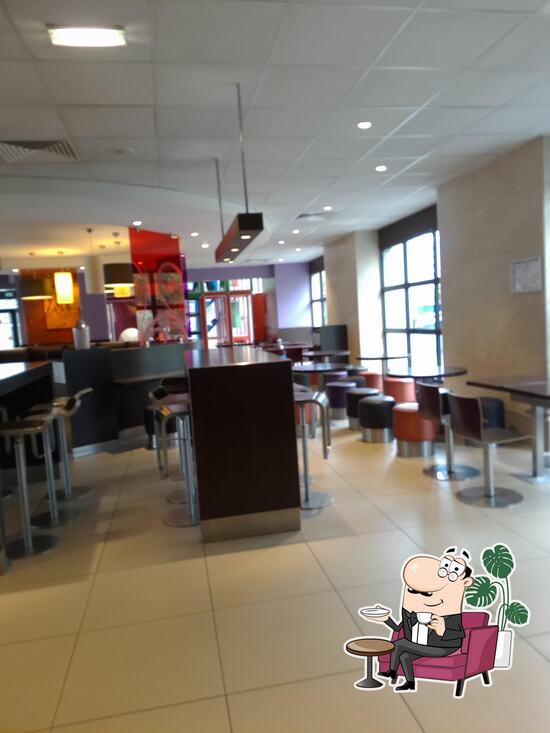
WEIGHT: 57 kg
Breast: 38
1 HOUR:70$
NIGHT: +90$
Sex services: Cross Dressing, Role playing, Cum in mouth, Oral Without (at discretion), Ass licking
Few expressions in the French language today join so artfully, so subtly, the weight of history to the tensions of the present as that of la crise des banlieues ; yet in English this resonance disappears. The literal translation, the crisis of the suburbs, fails to convey a tragic note, a Rabelaisian one as well, which only becomes audible once one becomes attuned to the echoes of the past. For the French, banlieue , at its origin, was the refuge of the criminal, the poor, and the enterprising, home to those who, banished from the city, were condemned to err within an intermediary zone between the fortified city and the countryside, extending one lieue —or one league, about two and a half miles—beyond the city walls.
Here one found abject misery; yet here also were golden opportunities, found nowhere else. Here an enterprising man could make his fortune, away from prying eyes. Banlieue is an ancient word, which has its roots in the language of the Gauls, considered the first inhabitants of France. In medieval Latin, the threat of banleuca , as it was called in the 12th century, had the power to terrify: beyond fortified city walls there was no safety, only danger and the darkness of night lit only by the stars.

Until the first years of the 20th century, Paris remained a fortified city, but its fortress walls had become an anachronism ever since the Germans sent cannonballs flying over the parapets during the Franco-German war of By , the last wall had been torn down, and by , the city of Paris had become, in its habitable surface area, the city it is today.
Among those goods was alcohol, and many an enterprising man made his fortune by selling wine and spirits outside the city walls. Thus, for centuries, the banlieue has represented a place of danger and opportunity, a perfect terrain for crisis because of its very instability.

Today there are no more tollbooths, nor are there city gates or walls, yet the route from Paris to its banlieues remains the passage between two different worlds. Yet what of the golden opportunities, what of the subversive joy of the outsider, both age-old ingredients of communities beyond the pale, whose inhabitants are forced to live by their wits? Might it be possible to lift up a seam of those uniformly gray suburbs and find a golden underside?



































